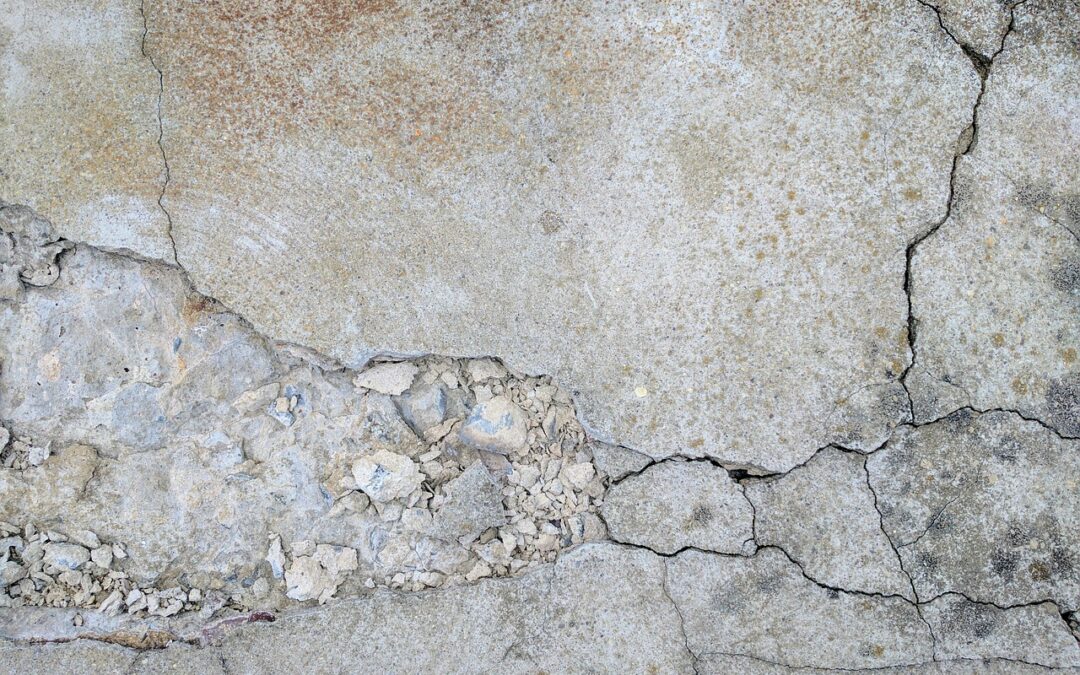The Bedrock of Building: A Guide to Concrete Foundation Techniques
If you’re dreaming of a solid foundation for your home or business, concrete is the undisputed champion. Concrete foundation techniques have stood the test of time, offering unparalleled strength, durability, and versatility.
Why Concrete?
Concrete’s exceptional qualities have made it the go-to material for foundations. Its unmatched compressive strength resists immense weight, while its resistance to moisture and pests ensures longevity. Plus, concrete’s flexible nature allows it to conform to any shape or design, making it perfect for both traditional and modern structures.
Types of Concrete Foundations
Choosing the right type of concrete foundation is crucial for the structural integrity of your building. Here’s a breakdown of the main types:
- Spread Footings: These are shallow, wide footings that distribute the weight of a building evenly over the ground. They’re great for smaller structures or areas with stable soil.
- Trench Footings: Designed for longer or heavier structures, trench footings are dug deeper and narrower than spread footings. They provide greater support in areas with unstable soil or high groundwater levels.
- Pile Foundations: For structures built on very soft, unstable soil, pile foundations provide a deep and secure foundation. Piles are long, slender concrete columns driven deep into the ground to reach stable soil layers.
Step-by-Step Concrete Foundation Construction
Creating a concrete foundation involves several key steps:
- Excavation: The first step is to excavate the soil to the required depth and width for your chosen foundation type.
- Formwork: Forms made of wood or metal are used to create the shape of the foundation and hold the concrete in place while it sets.
- Reinforcement: Steel rebar is placed within the forms to provide additional strength and prevent cracking.
- Concrete Pouring: Fresh concrete is poured into the forms and compacted to remove air pockets.
- Curing: The concrete is allowed to cure and harden for several days, during which time it gains strength.
Benefits of Hiring a Professional Concrete Contractor
While it’s technically possible to lay a concrete foundation yourself, it’s highly recommended to hire a professional concrete contractor. Their expertise ensures:
- Proper Planning and Design: They can assess your soil conditions, building plans, and local codes to design the optimal foundation type and size.
- Quality Materials and Workmanship: Contractors use high-grade concrete and follow strict installation methods to guarantee a strong and durable foundation.
- Safety and Code Compliance: They are aware of all safety protocols and building codes to ensure your foundation meets all regulatory requirements.
Testimonials and Success Stories
“When we built our dream home, we knew we needed a solid foundation. My concrete contractor put us at ease with their knowledge and expertise. The foundation they laid is rock-solid, giving us peace of mind for years to come.” – Barbara, Homeowner
“As a business owner, I needed a reliable and durable foundation for my commercial building. I trusted my local concrete contractor, and they delivered. The foundation has withstood the test of time and heavy traffic.” – David, Business Owner
For a strong and reliable foundation that will support your structure for generations, choose a professional concrete contractor. Their expertise, experience, and attention to detail will ensure a flawless foundation that will be the cornerstone of your building’s success.
TL;DR – Too Long; Didn’t Read
Concrete foundations are essential for the structural integrity of any building. They come in different types, including spread footings, trench footings, and pile foundations. Hiring a professional concrete contractor is crucial for proper design, high-quality workmanship, and peace of mind.

